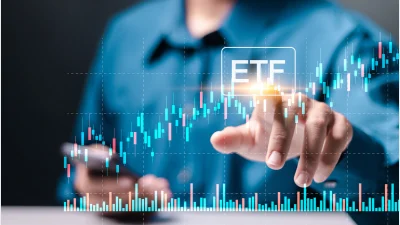Australian ETP market driven by sustainability products



Australia’s exchange-traded product (ETP) market has seen growth in size and complexity, with A$36.3 billion under management at the end of March, thanks to growth in sustainability-focused listed products, according to Morningstar’s ETFInvestor newsletter.
The sustainability-focused products in Australia almost doubled in assets to March 2018 and accounted for A$575.8 million in funds under management (FUM).
According to Morningstar, there were ten sustainability-focused ETPs in Australia, from BetaShares, Russell Investments, UBS, and VanVeck Vectors, which were all equity products that invested in Australia and offshore.
Also, all products applied positive and/or negative screens to identify stocks, with negative screens including a downweight or exclusion of certain sectors such as tobacco or petroleum and the avoidance of stocks that ranked poorly on an environmental, social and governance (ESG) basis within their sector.
At the same time, positive screens favoured companies that fared well on an ESG basis.
Morningstar said that products earned different sustainability ratings as they used different screens.
Morningstar manager research analyst, Anshula Venkataraman, said: “In 2016, Morningstar launched the Morningstar Sustainability Rating to help investors assess strategies through an environmental, social, and governance lens.”
“In this edition of ETFInvestor, Morningstar provides an overview of what is available for investors seeking out listed ESG or ethical products and how investors can use the sustainability rating to inform their decisions.”
Recommended for you
Magellan fund manager Arvid Streimann has resigned after an investigation into allegations he had a workplace relationship with a junior employee.
Clime Investment Management has sold a portion of its retail client book to an external financial planning practice for $1.6 million in its latest cost-out move.
In his inaugural address as L1 Group chief executive, Julian Russell has outlined his vision and priorities for the newly-merged $16.7 billion business but warned fund outflows will continue for 18 months.
Ten Cap has announced it will launch its first active ETF on the ASX later this month, expanding retail access to its flagship Australian equities strategy.












